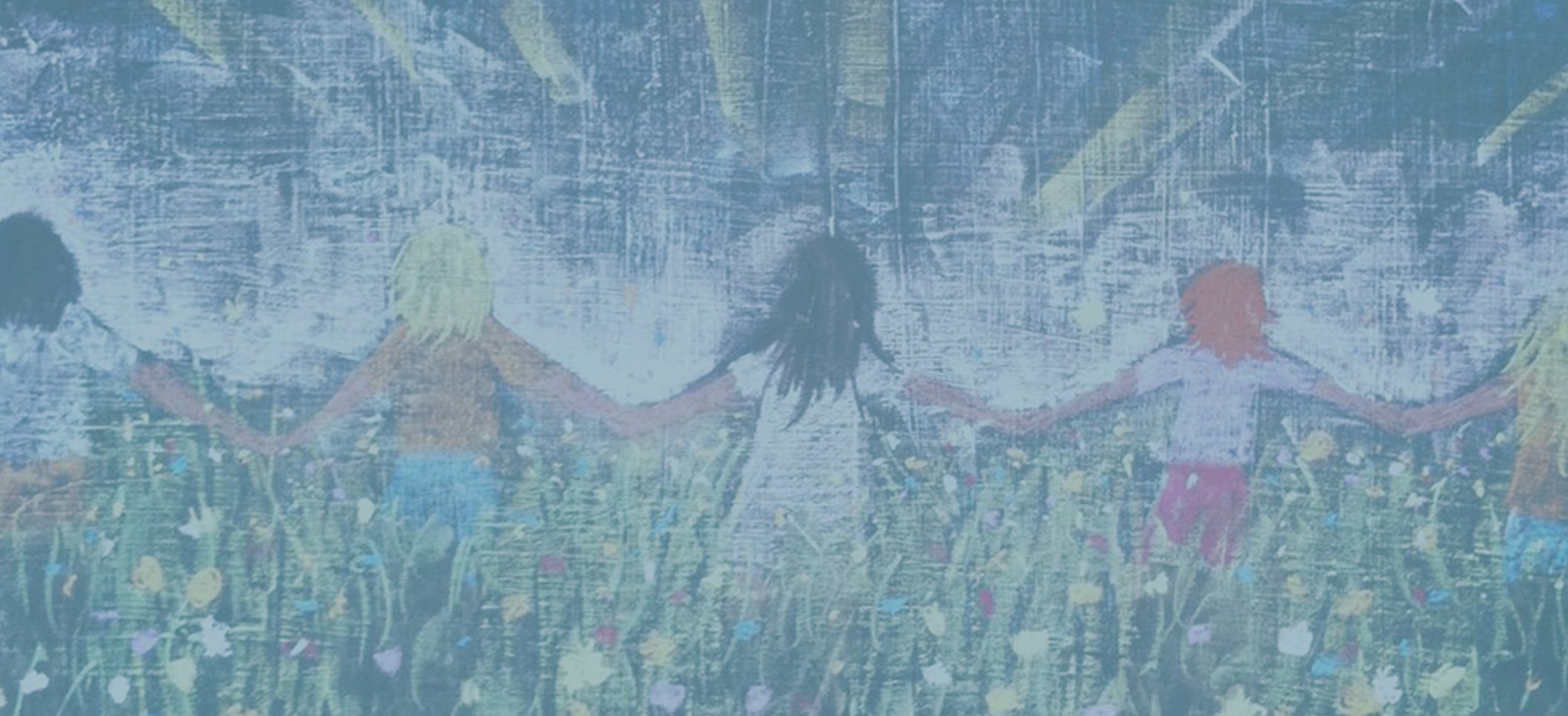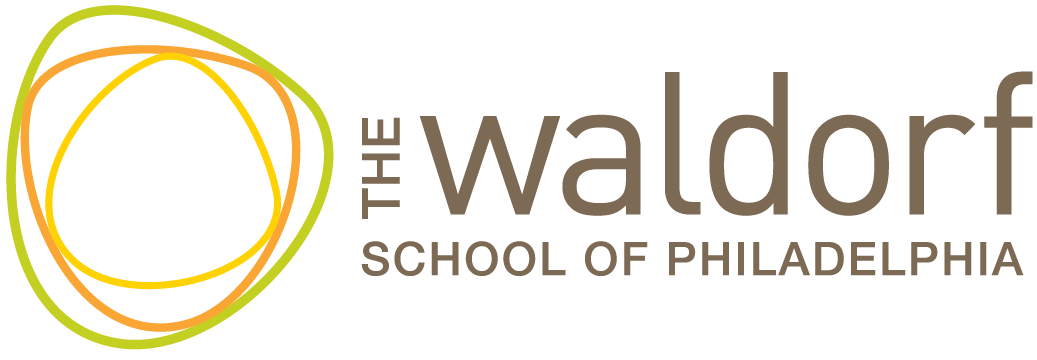
About Waldorf Education
Creative, critical thinking is the highest form of academic achievement. But rote learning won’t get you there.
Mind, body, and spirit
One hundred years after its founding, Waldorf education remains one of the most innovative methods of schooling. Why? Because, while the world has changed, children’s essential needs have not.
Rudolf Steiner, the founder of Waldorf pedagogy, created an educational philosophy based on a theory of three phases of child development from birth to age 21. He believed that children must have their mind, body, and spirit engaged uniquely and in age-appropriate ways throughout their young lives in order to reach their full potential.
Our interdisciplinary curriculum pairs math with handwork and art, science with music and story, language arts with theater and history (to name a few examples), which gives children the opportunity to learn through a wide variety of experiences to increase depth of understanding and intersect with individual learning styles.
Waldorf educators hold a deep respect for each individual student and are dedicated to fostering each child’s unique gifts while inspiring a lifelong love of learning. Our graduates leave with remarkable critical thinking skills that allow them to face challenges creatively and contribute to the world in a meaningful way.

“Waldorf education has become a part of our family’s life ever since we attended Parent and Child classes at Philly Waldorf. We now have a very deep connection to the philosophy and have incorporated it into our home and our parenting approach in many ways. Just some of what we love: the importance of a daily rhythm with breathing-in and breathing-out periods to give a sense of peace and stability. Allowing play to be the child’s work. Protecting the imagination from the outside noise of our modern, busy life.”
—Katherine Myers, Early Childhood Parent


